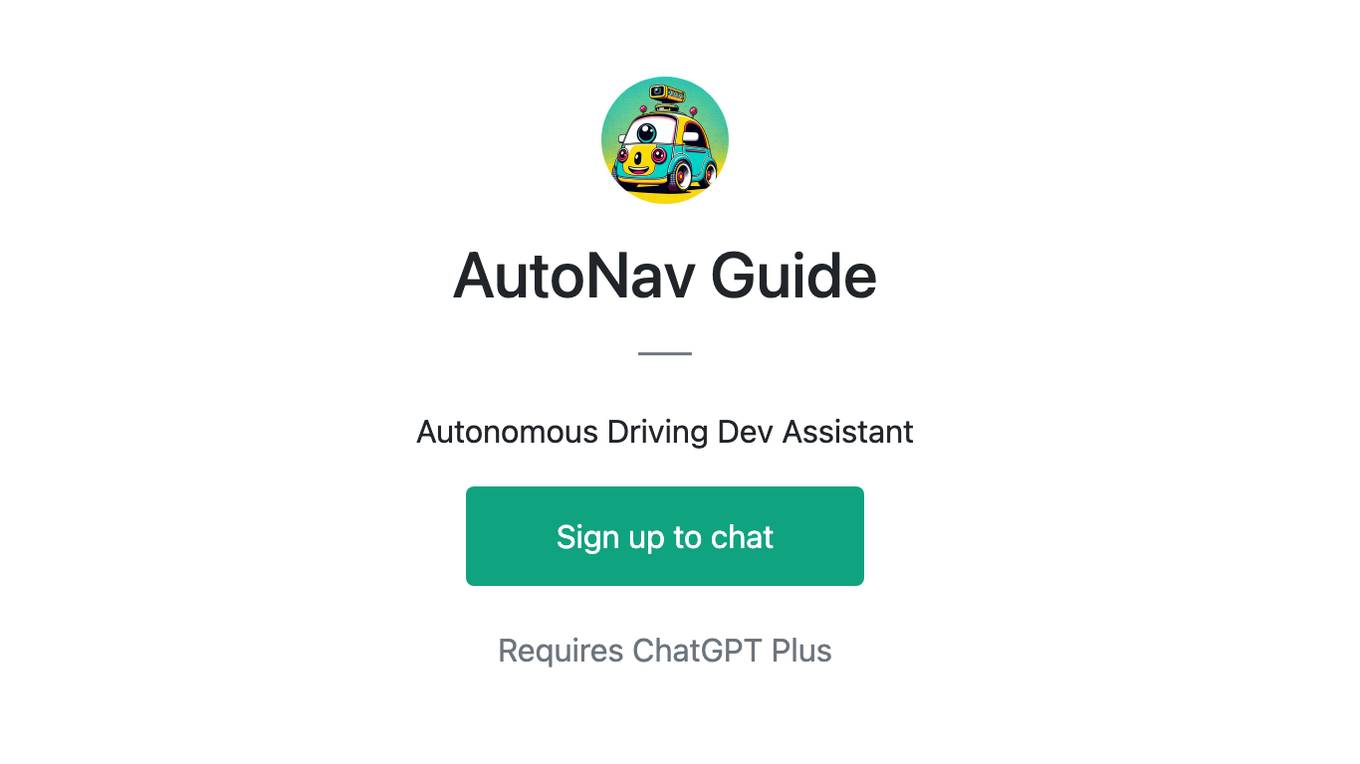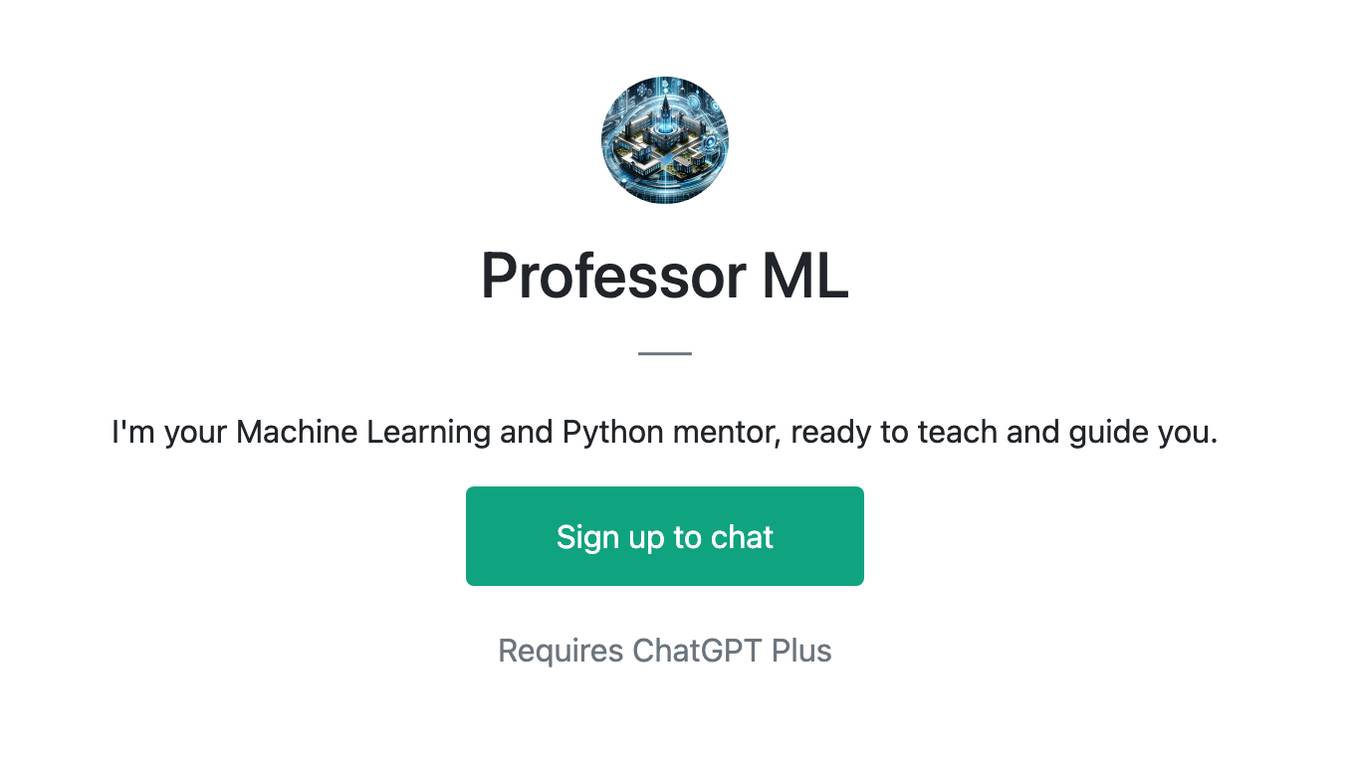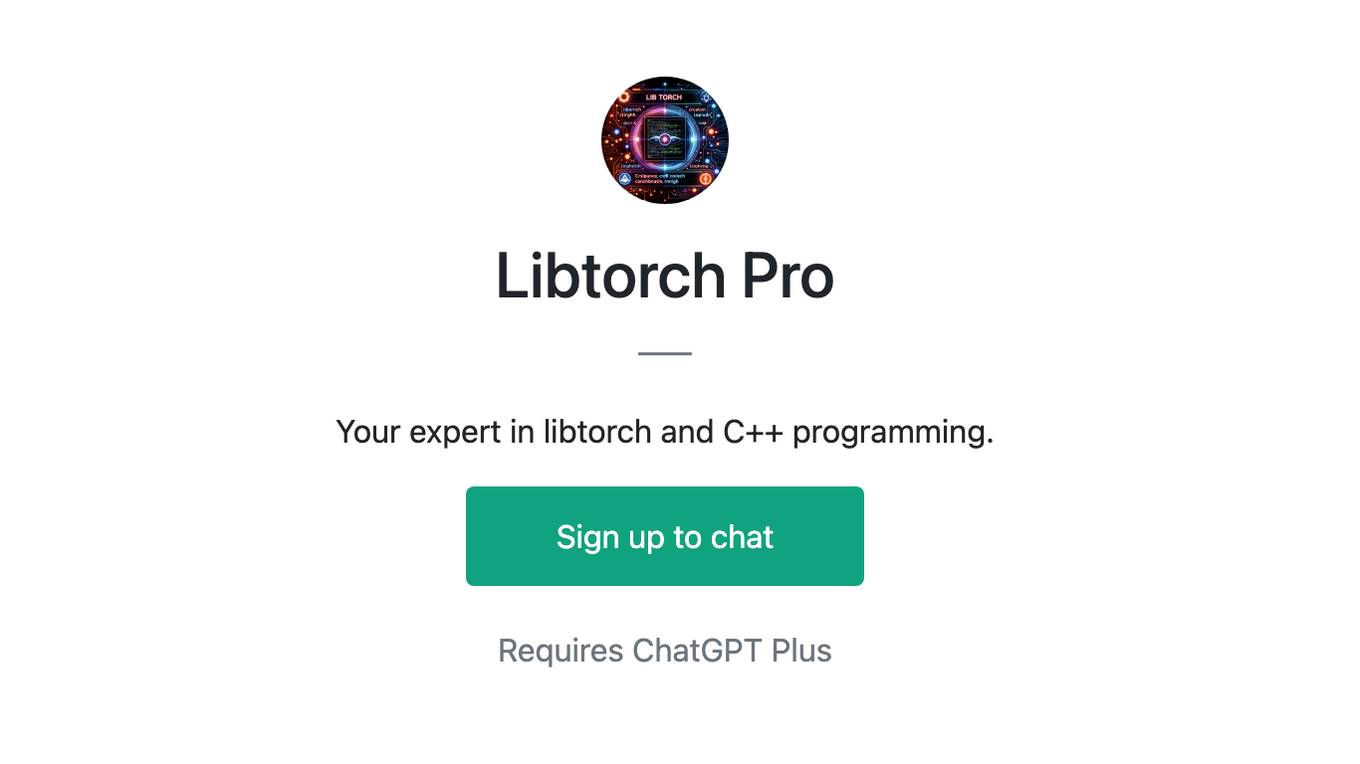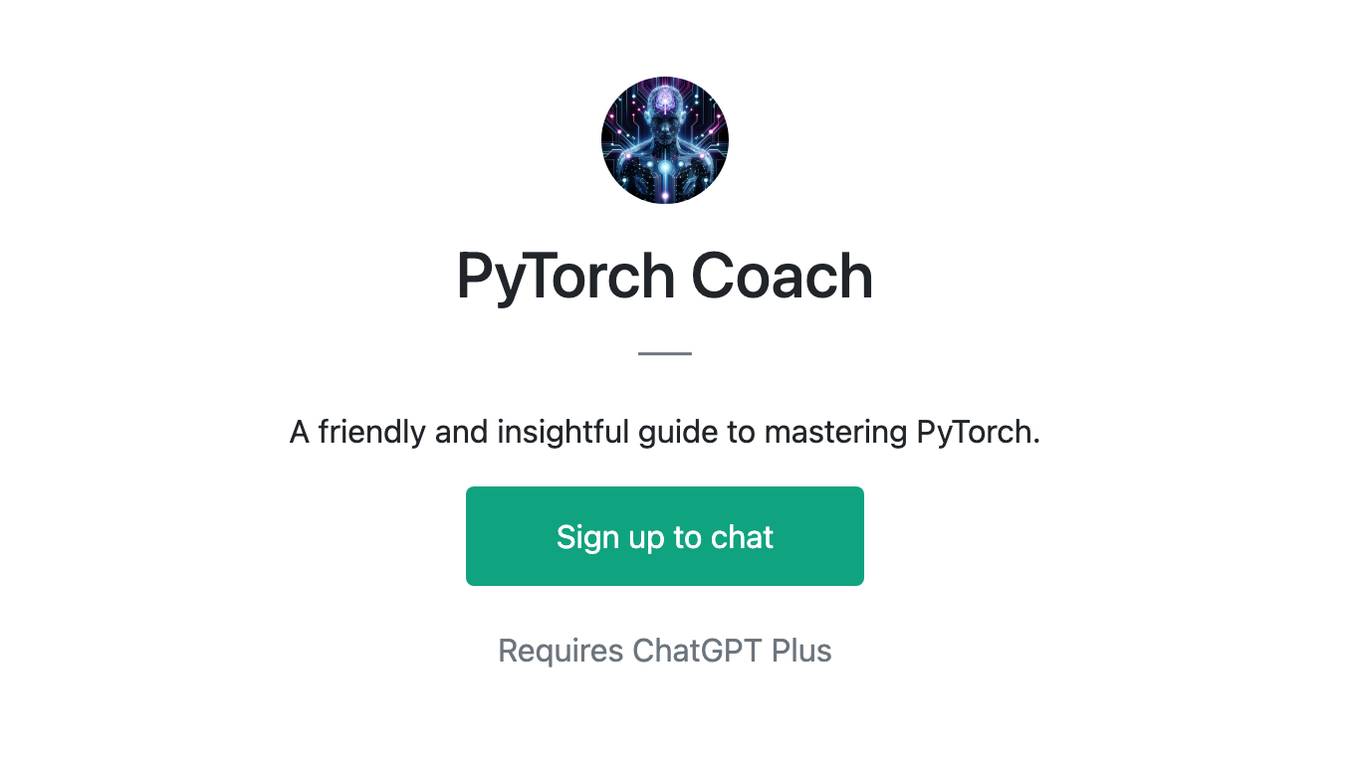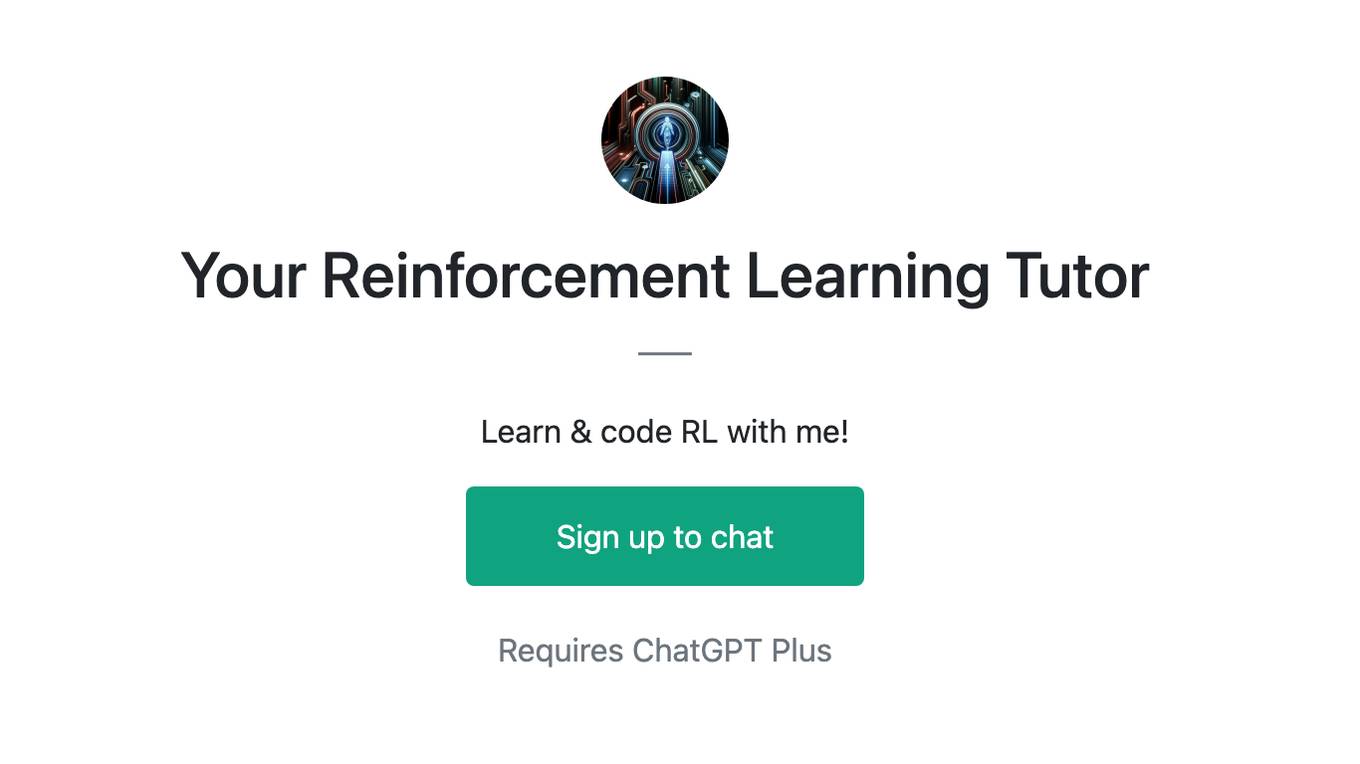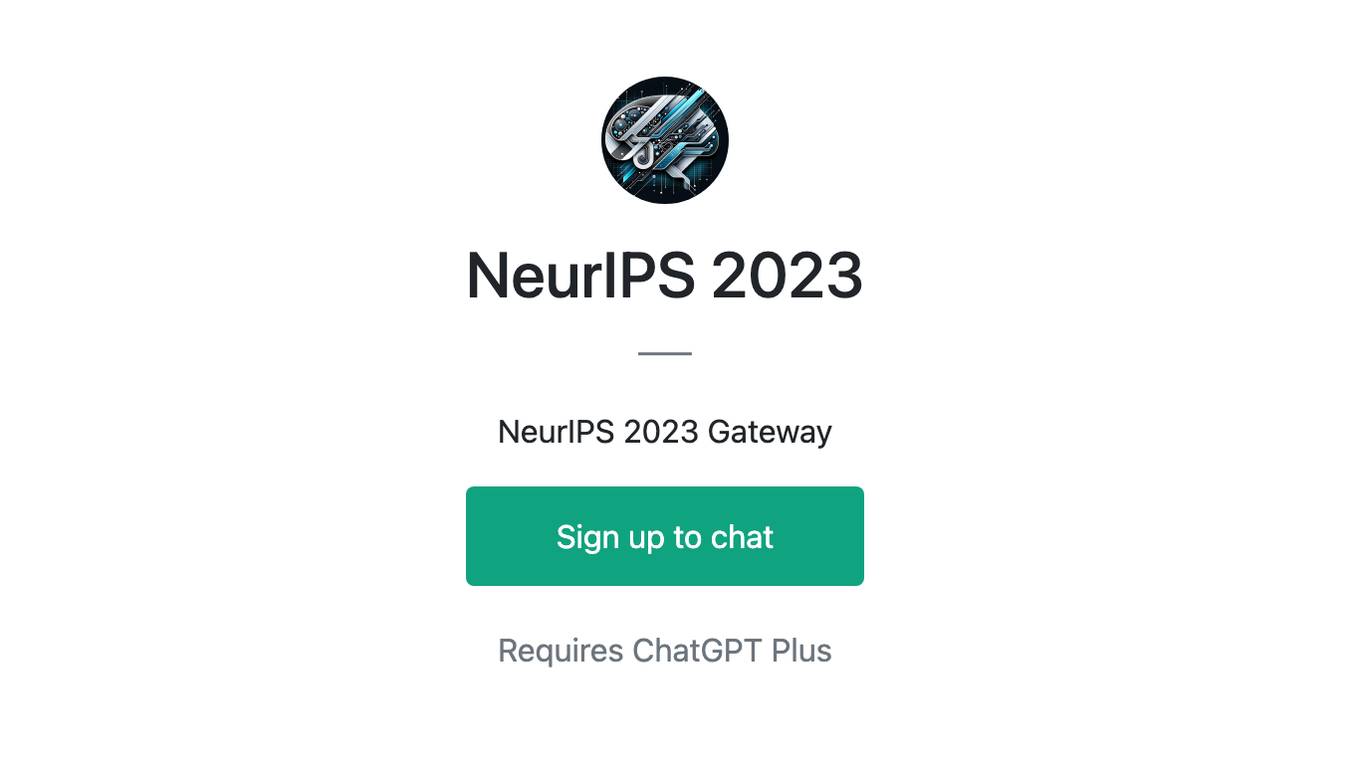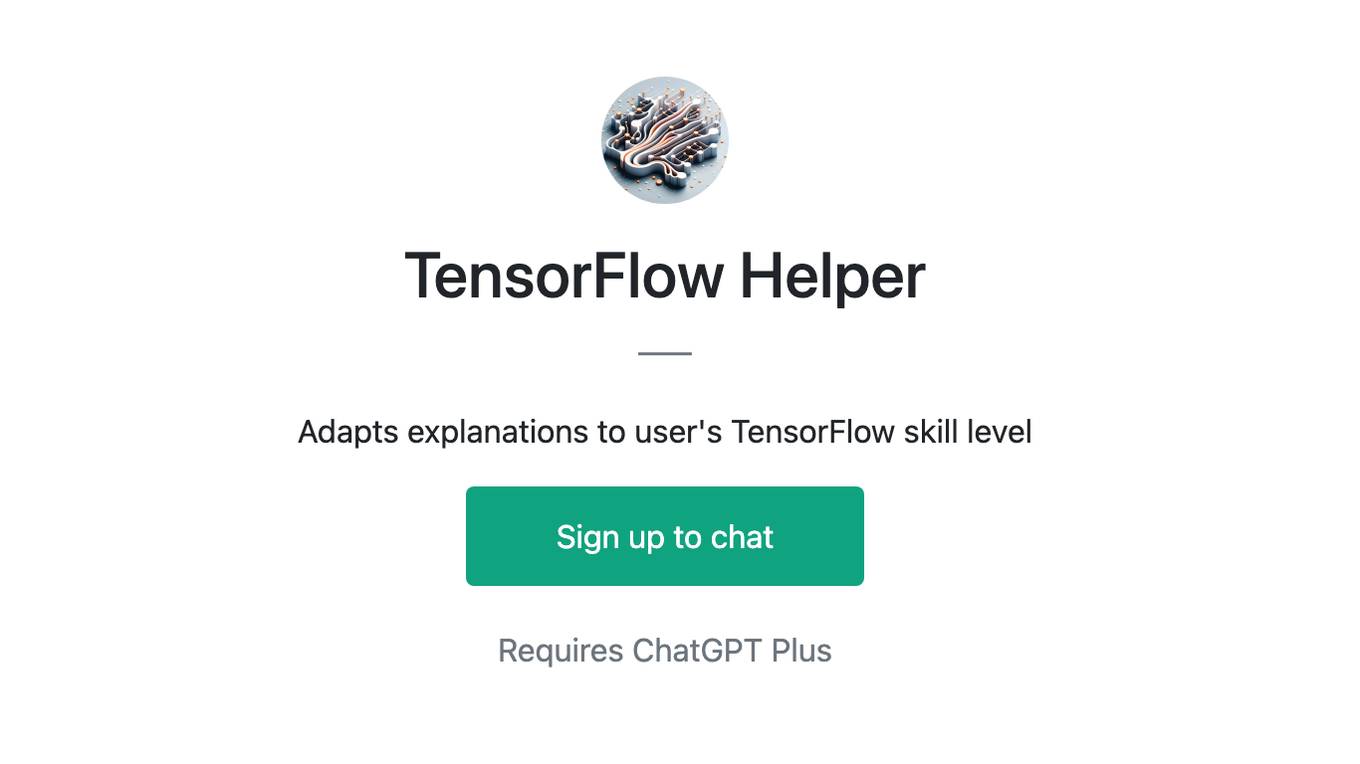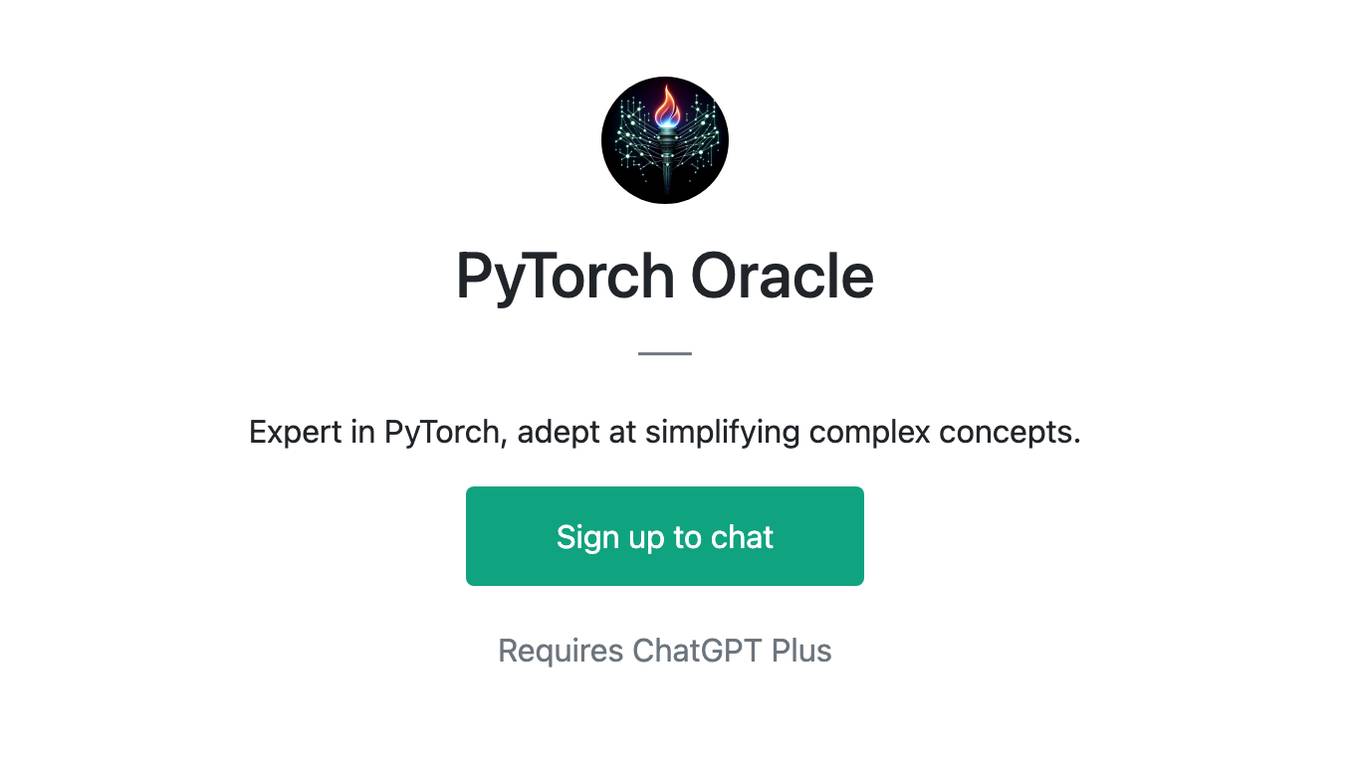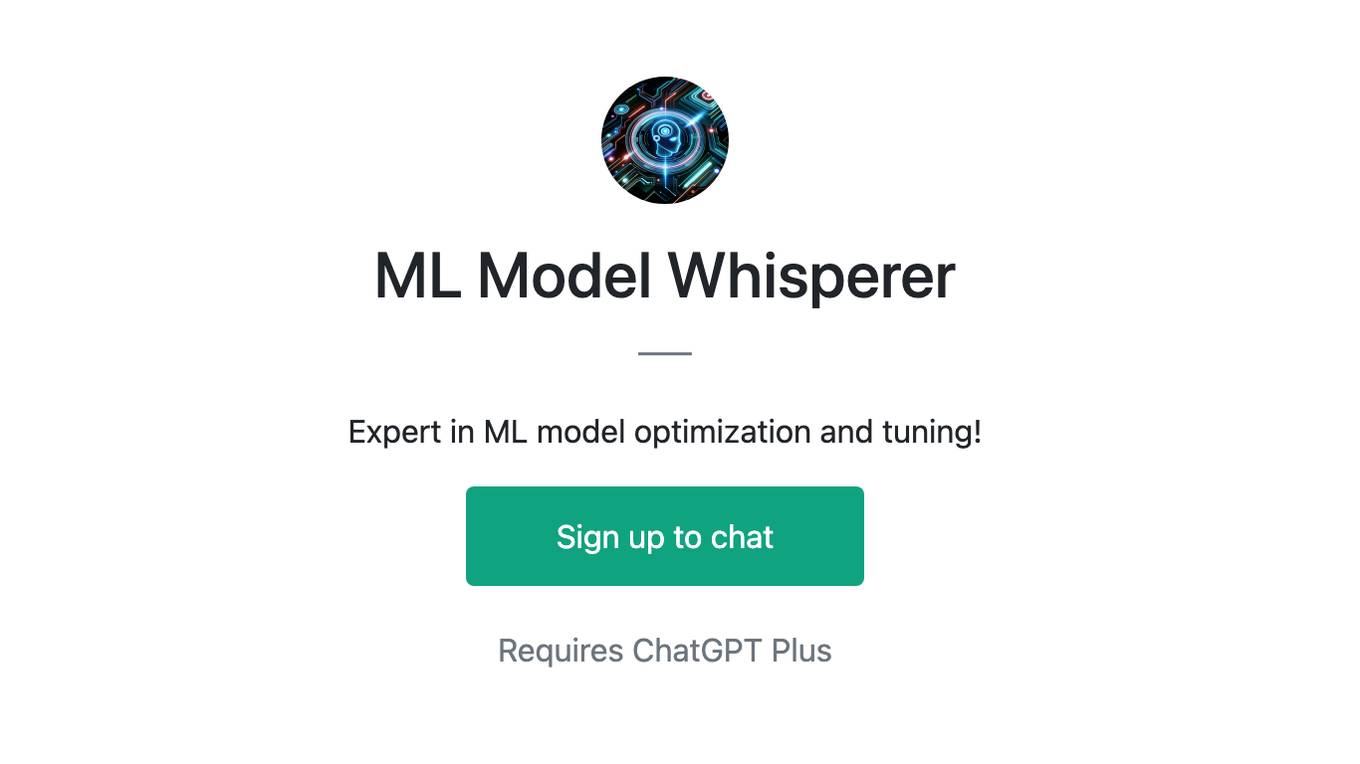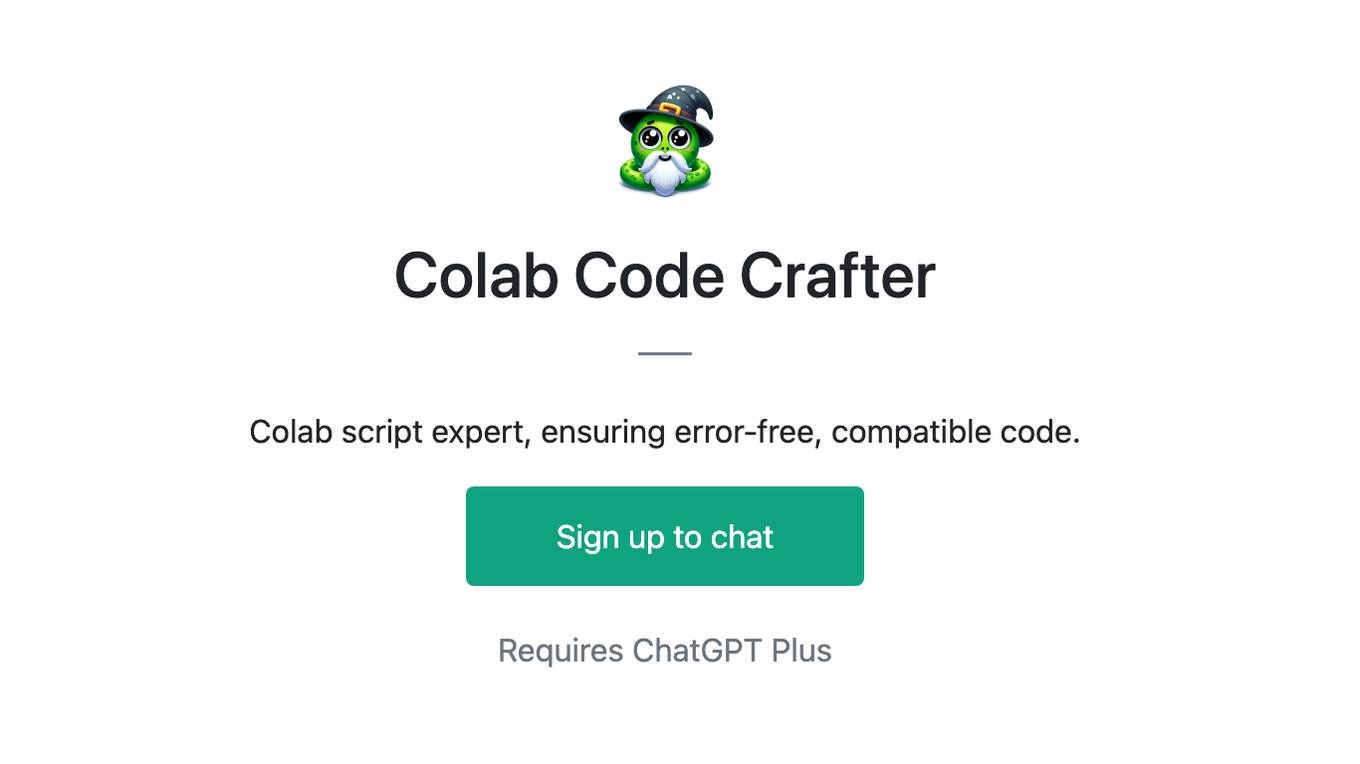Best AI tools for< Train Models >
20 - AI tool Sites

Backend.AI
Backend.AI is an enterprise-scale cluster backend for AI frameworks that offers scalability, GPU virtualization, HPC optimization, and DGX-Ready software products. It provides a fast and efficient way to build, train, and serve AI models of any type and size, with flexible infrastructure options. Backend.AI aims to optimize backend resources, reduce costs, and simplify deployment for AI developers and researchers. The platform integrates seamlessly with existing tools and offers fractional GPU usage and pay-as-you-play model to maximize resource utilization.

Outlier AI
Outlier AI is a platform that connects subject matter experts to help build the world's most advanced Generative AI. It allows experts to work on various projects from generating training data to evaluating model performance. The platform offers flexibility, allowing contributors to work from home on their own schedule. Outlier AI aims to redefine how AI learns by leveraging the expertise of domain specialists across different fields.
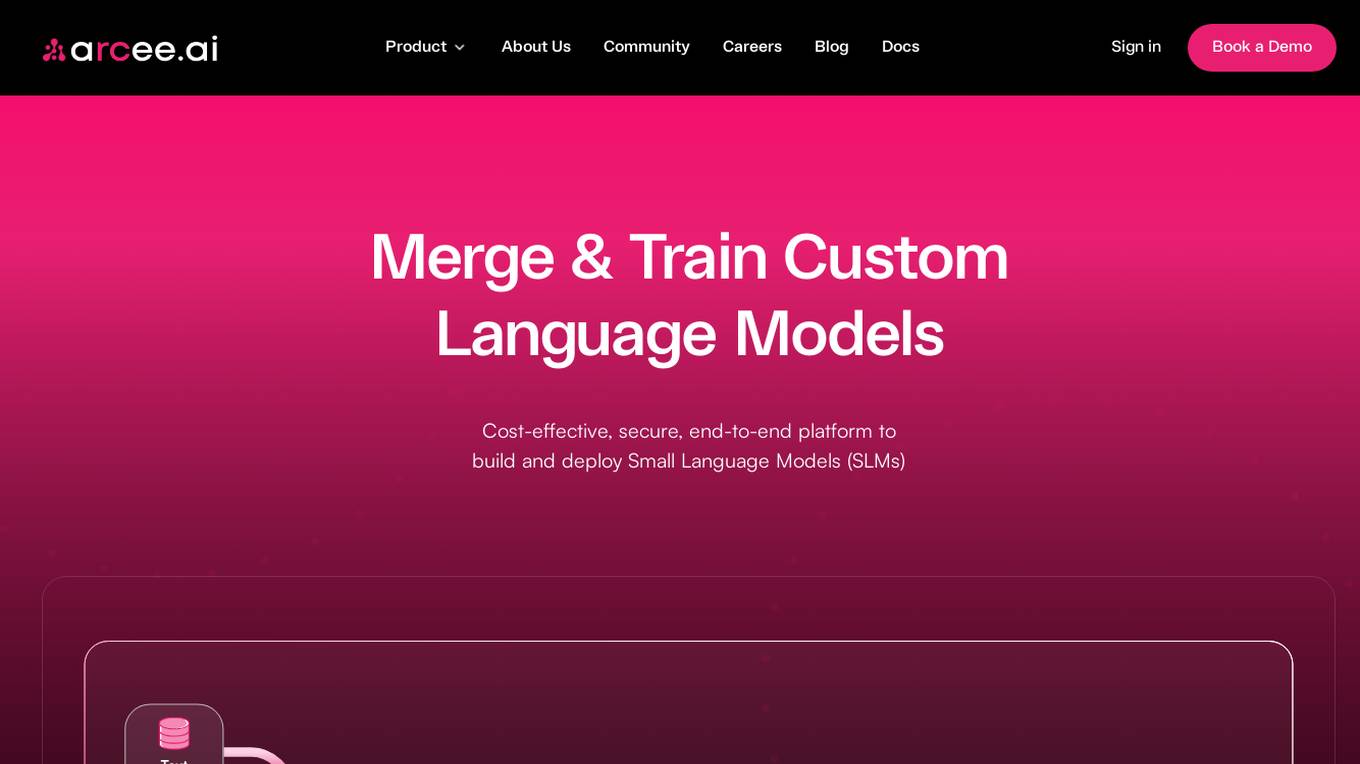
Arcee AI
Arcee AI is a platform that offers a cost-effective, secure, end-to-end solution for building and deploying Small Language Models (SLMs). It allows users to merge and train custom language models by leveraging open source models and their own data. The platform is known for its Model Merging technique, which combines the power of pre-trained Large Language Models (LLMs) with user-specific data to create high-performing models across various industries.
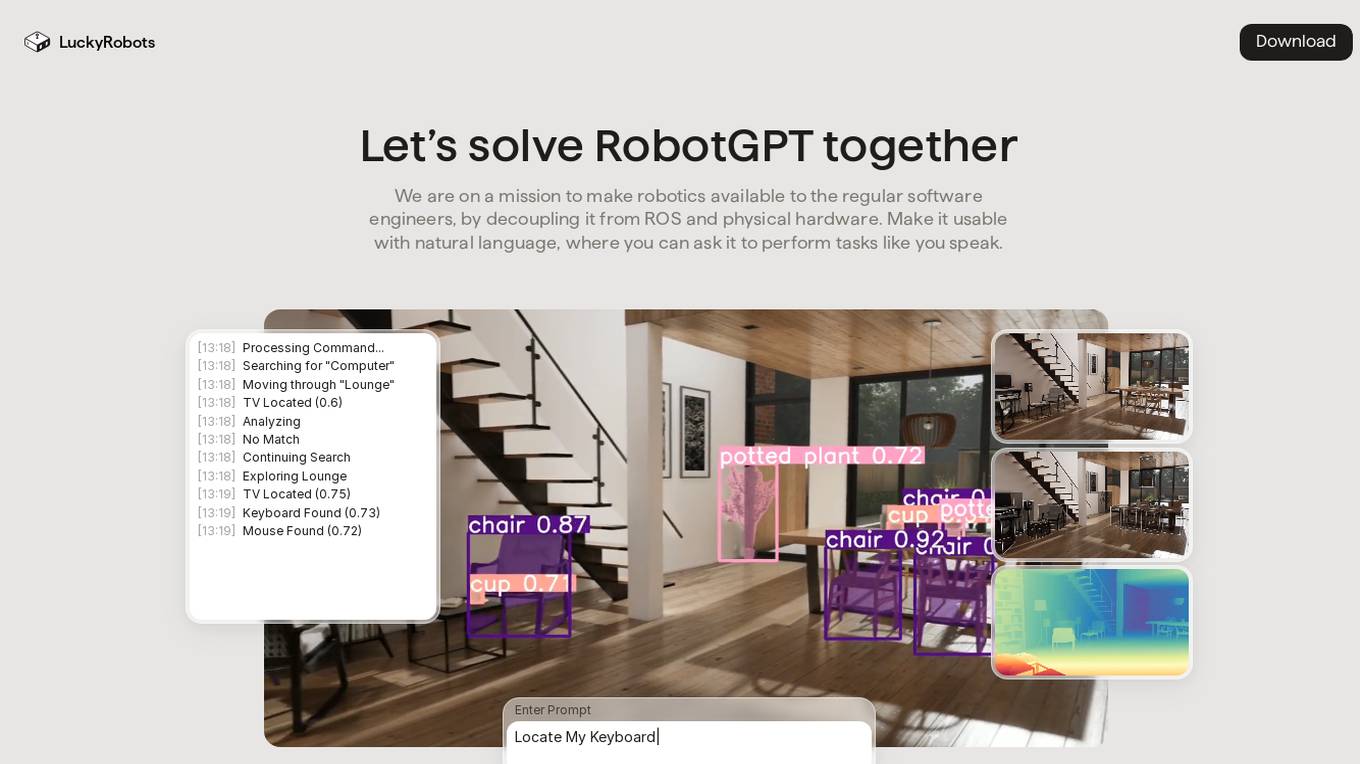
LuckyRobots
LuckyRobots is an AI tool designed to make robotics accessible to software engineers by providing a simulation platform for deploying end-to-end AI models. The platform allows users to interact with robots using natural language commands, explore virtual environments, test robot models in realistic scenarios, and receive camera feeds for monitoring. LuckyRobots aims to train AI models on real-world simulations and respond to natural language inputs, offering a user-friendly and innovative approach to robotics development.
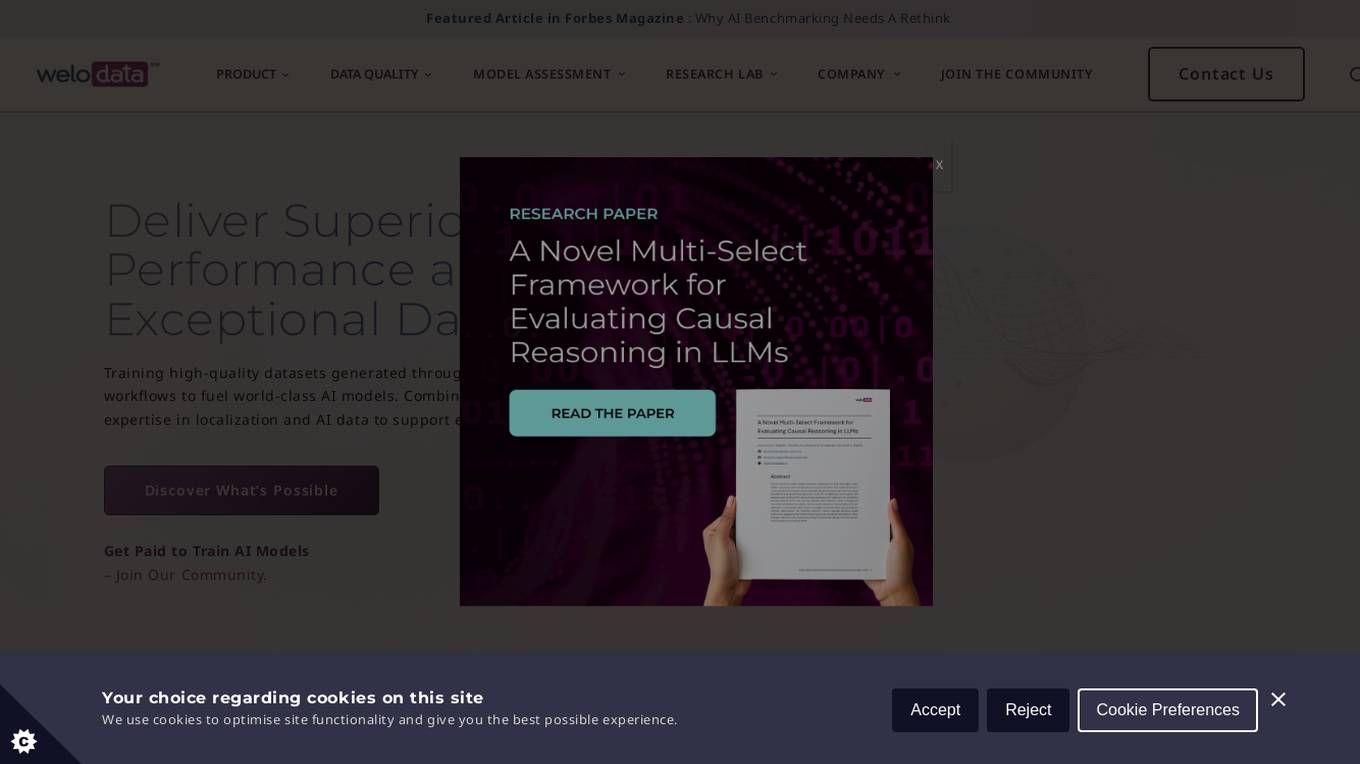
Welo Data
Welo Data is an AI tool that specializes in AI benchmarking, model assessment, and training high-quality datasets for AI models. The platform offers services such as supervised fine tuning, reinforcement learning with human feedback, data generation, expert evaluations, and data quality framework to support the development of world-class AI models. With over 27 years of experience, Welo Data combines language expertise and AI data to deliver exceptional training and performance evaluation solutions.
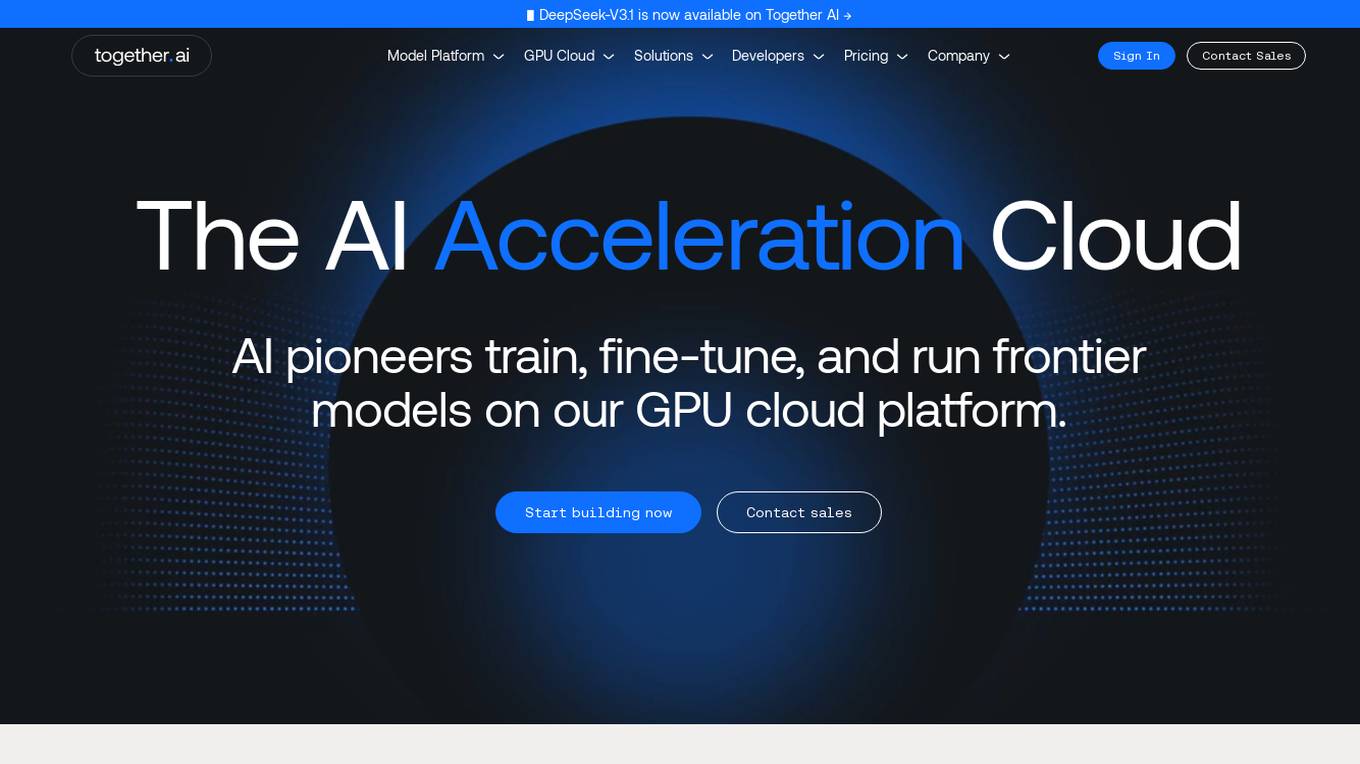
Together AI
Together AI is an AI Acceleration Cloud platform that offers fast inference, fine-tuning, and training services. It provides self-service NVIDIA GPUs, model deployment on custom hardware, AI chat app, code execution sandbox, and tools to find the right model for specific use cases. The platform also includes a model library with open-source models, documentation for developers, and resources for advancing open-source AI. Together AI enables users to leverage pre-trained models, fine-tune them, or build custom models from scratch, catering to various generative AI needs.
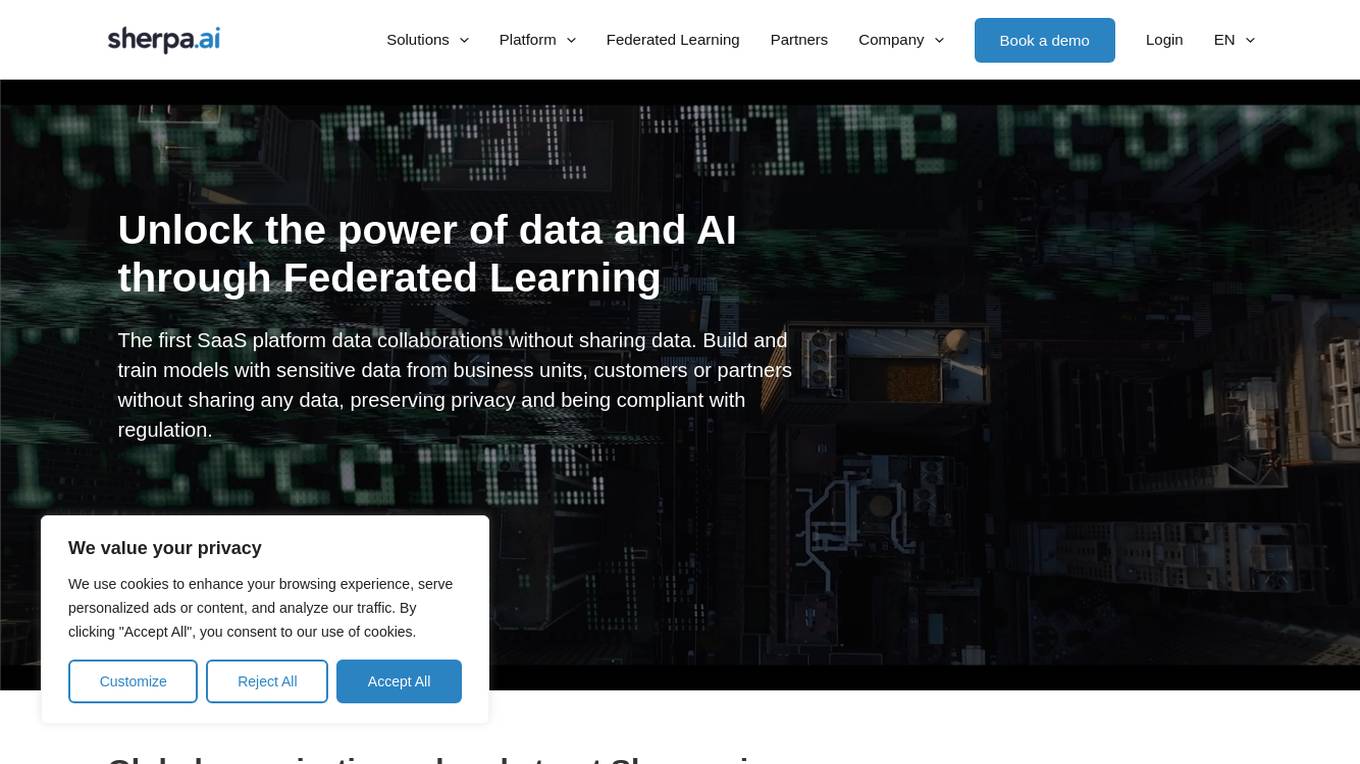
Sherpa.ai
Sherpa.ai is a SaaS platform that enables data collaborations without sharing data. It allows businesses to build and train models with sensitive data from different parties, without compromising privacy or regulatory compliance. Sherpa.ai's Federated Learning platform is used in various industries, including healthcare, financial services, and manufacturing, to improve AI models, accelerate research, and optimize operations.
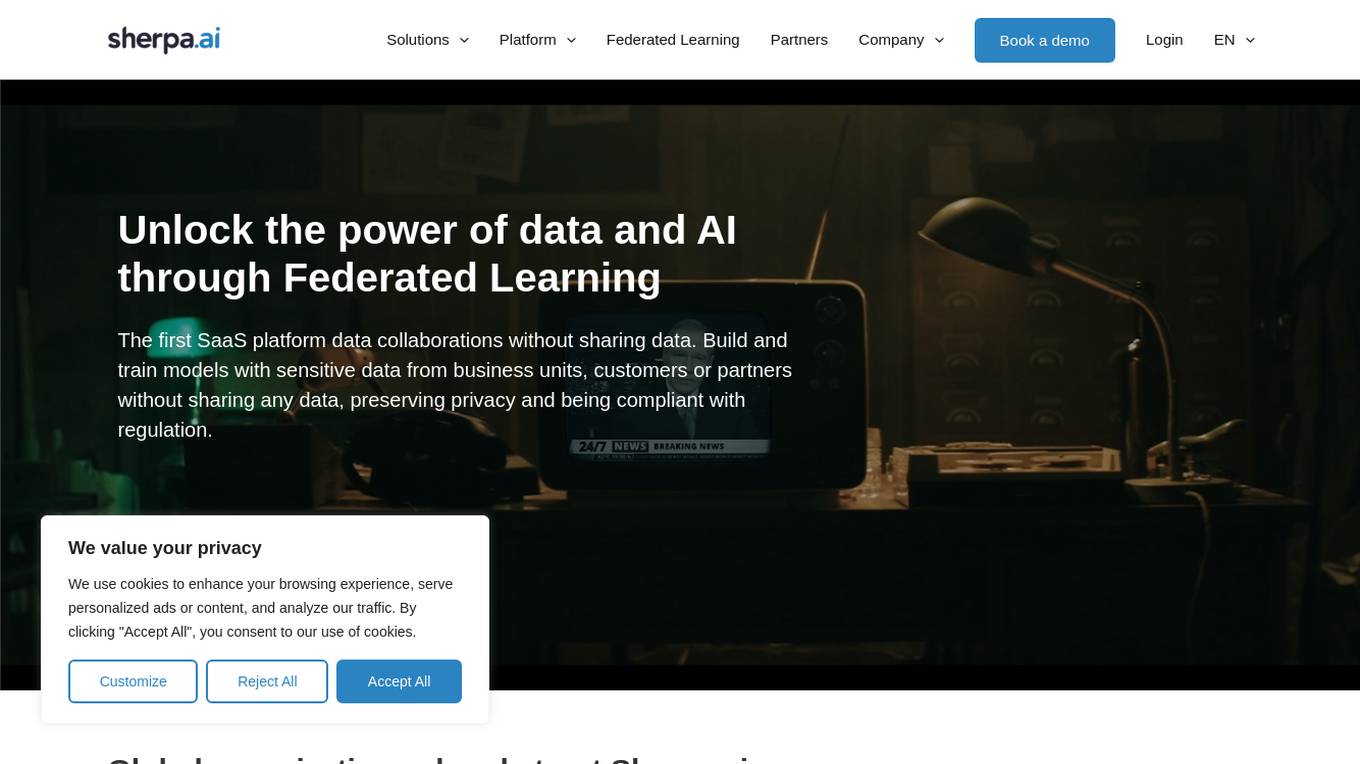
Sherpa.ai
Sherpa.ai is a Federated Learning Platform that enables data collaborations without sharing data. It allows organizations to build and train models with sensitive data from various sources while preserving privacy and complying with regulations. The platform offers enterprise-grade privacy-compliant solutions for improving AI models and fostering collaborations in a secure manner. Sherpa.ai is trusted by global organizations to maximize the value of data and AI, improve results, and ensure regulatory compliance.
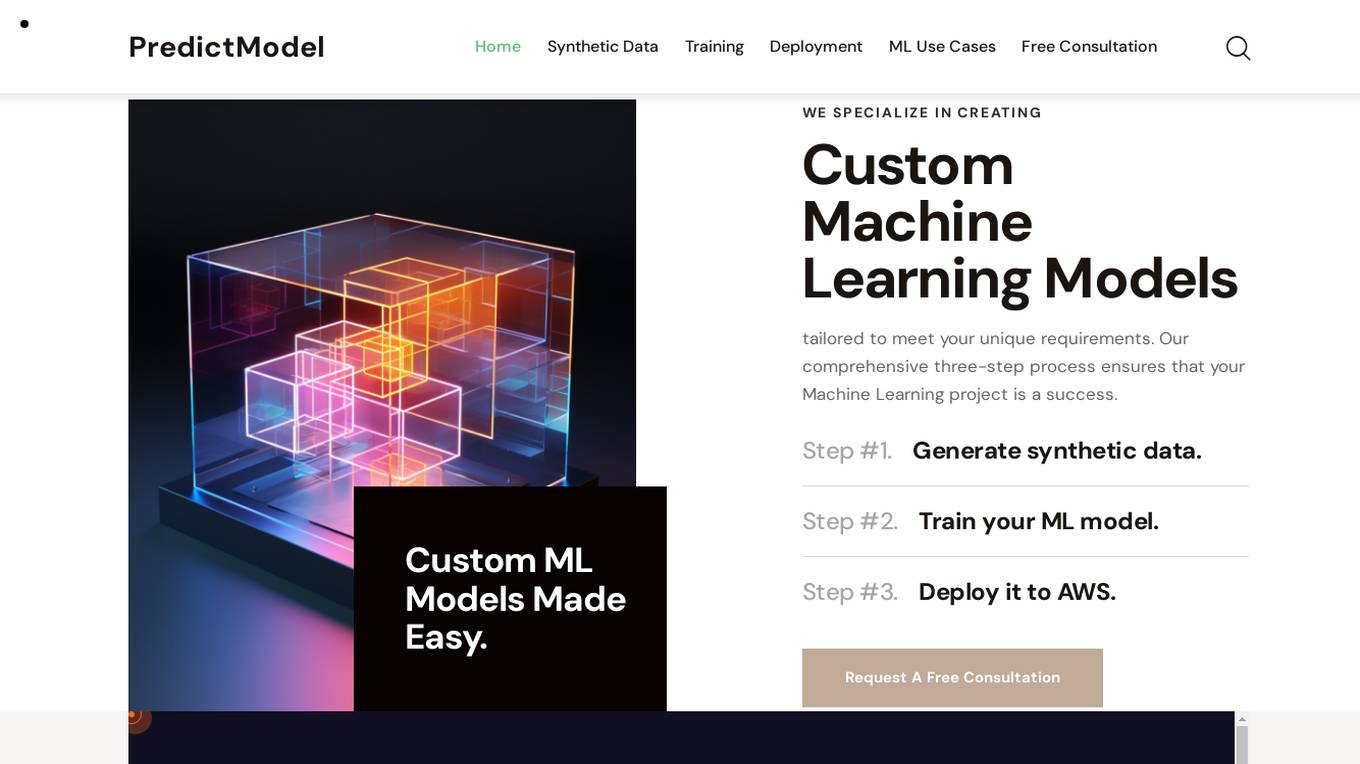
PredictModel
PredictModel is an AI tool that specializes in creating custom Machine Learning models tailored to meet unique requirements. The platform offers a comprehensive three-step process, including generating synthetic data, training ML models, and deploying them to AWS. PredictModel helps businesses streamline processes, improve customer segmentation, enhance client interaction, and boost overall business performance. The tool maximizes accuracy through customized synthetic data generation and saves time and money by providing expert ML engineers. With a focus on automated lead prioritization, fraud detection, cost optimization, and planning, PredictModel aims to stay ahead of the curve in the ML industry.

Teachable Machine
Teachable Machine is a web-based tool that makes it easy to create custom machine learning models, even if you don't have any coding experience. With Teachable Machine, you can train models to recognize images, sounds, and poses. Once you've trained a model, you can export it to use in your own projects.
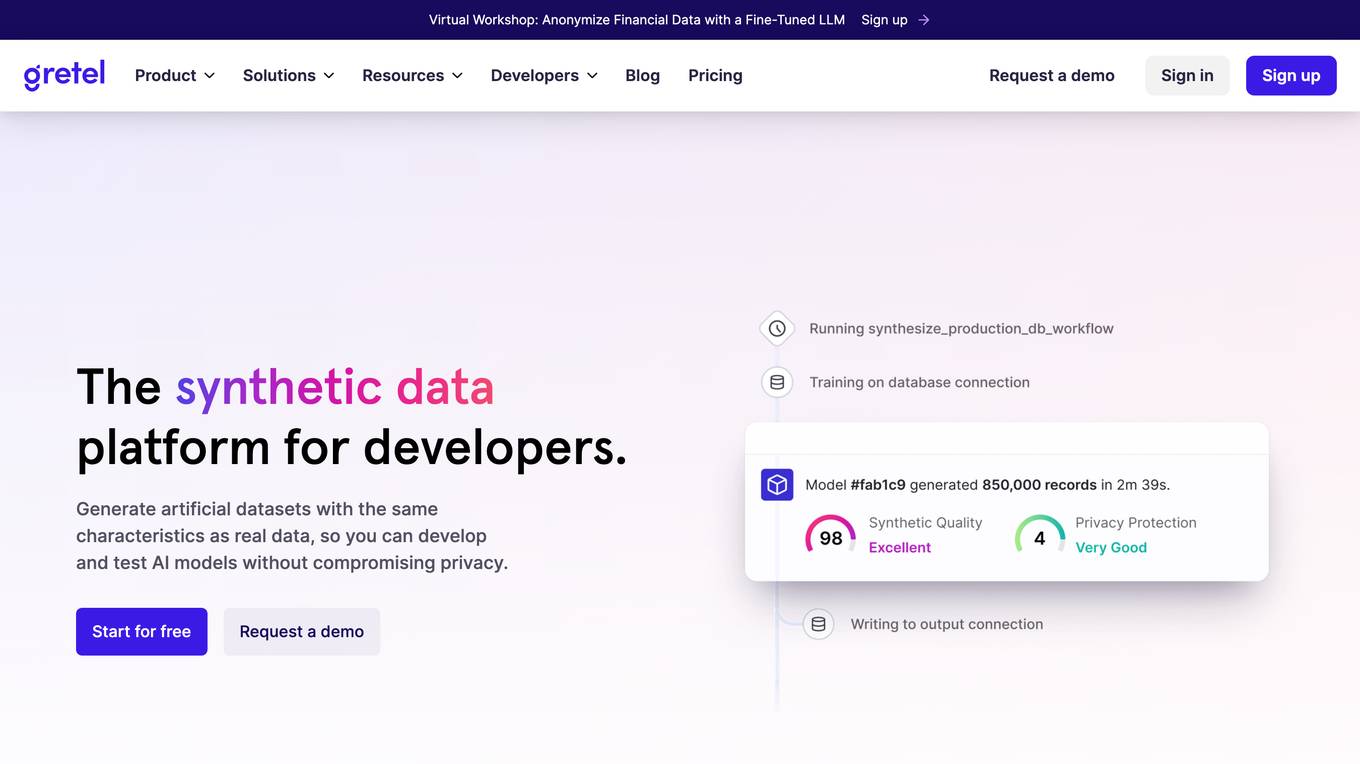
Gretel.ai
Gretel.ai is a synthetic data platform purpose-built for AI applications. It allows users to generate artificial, synthetic datasets with the same characteristics as real data, enabling the improvement of AI models without compromising privacy. The platform offers APIs for generating anonymized and safe synthetic data, training generative AI models, and validating models with quality and privacy scores. Users can deploy Gretel for enterprise use cases and run it on various cloud platforms or in their own environment.
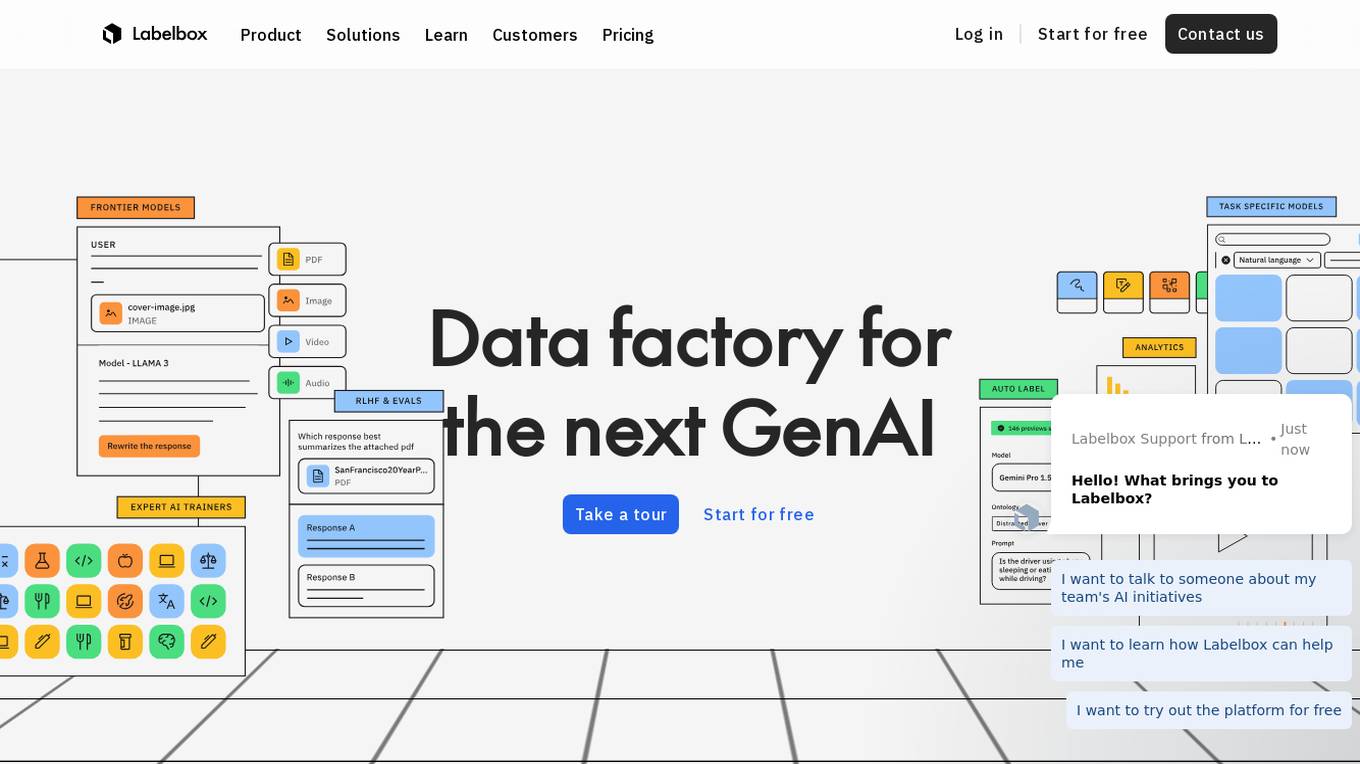
Labelbox
Labelbox is a data factory platform that empowers AI teams to manage data labeling, train models, and create better data with internet scale RLHF platform. It offers an all-in-one solution comprising tooling and services powered by a global community of domain experts. Labelbox operates a global data labeling infrastructure and operations for AI workloads, providing expert human network for data labeling in various domains. The platform also includes AI-assisted alignment for maximum efficiency, data curation, model training, and labeling services. Customers achieve breakthroughs with high-quality data through Labelbox.
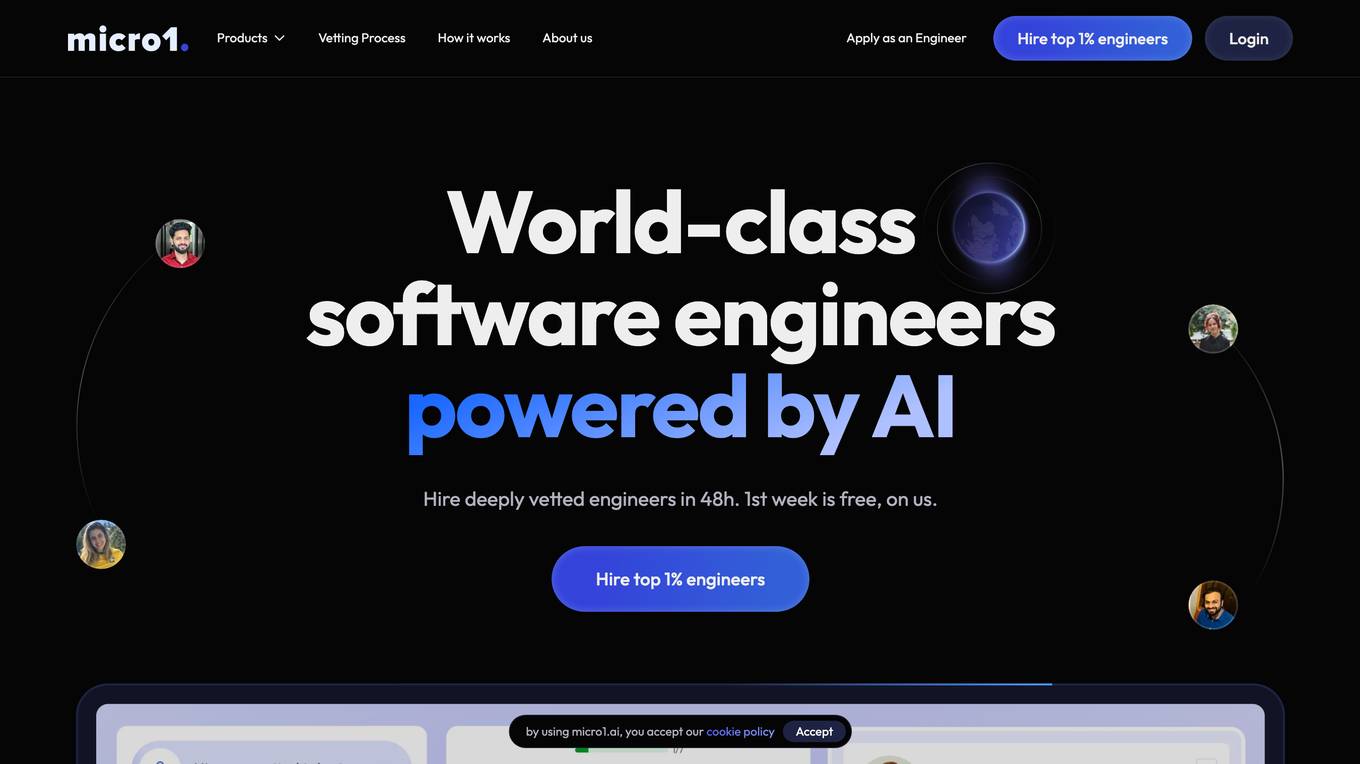
micro1
micro1 is an AI recruitment engine designed to hire top global talent efficiently. It utilizes human data produced by subject matter experts to provide end-to-end post-training services. The platform offers a Zara AI recruiter agent to identify and hire the best talent on earth, catering to various industries such as tech startups, staffing agencies, and enterprises. With features like sourcing and vetting candidates, seamless onboarding, and high-quality data training, micro1 aims to streamline the recruitment process and save time and costs for businesses. The platform also provides resources for companies and talent, including case studies, cost savings calculators, and interview preparation tools.
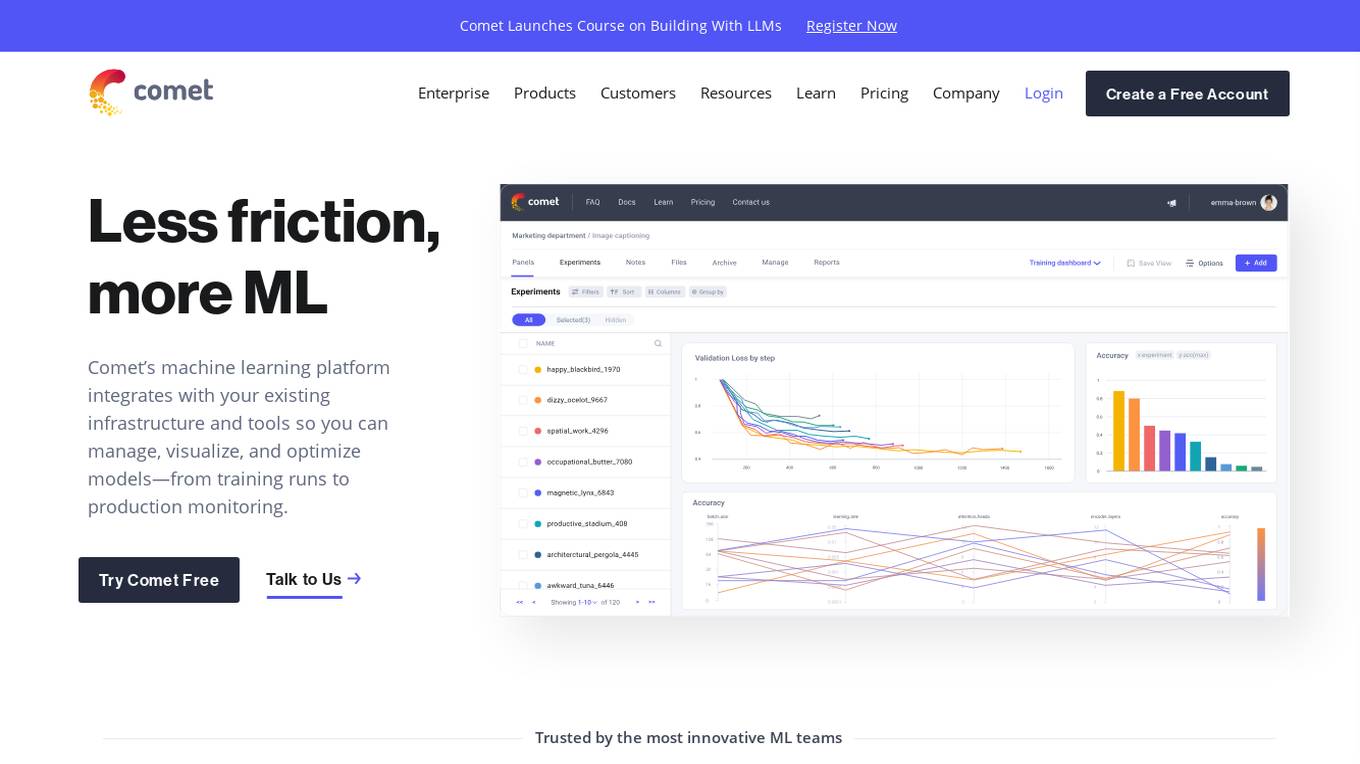
Comet ML
Comet ML is a machine learning platform that integrates with your existing infrastructure and tools so you can manage, visualize, and optimize models—from training runs to production monitoring.
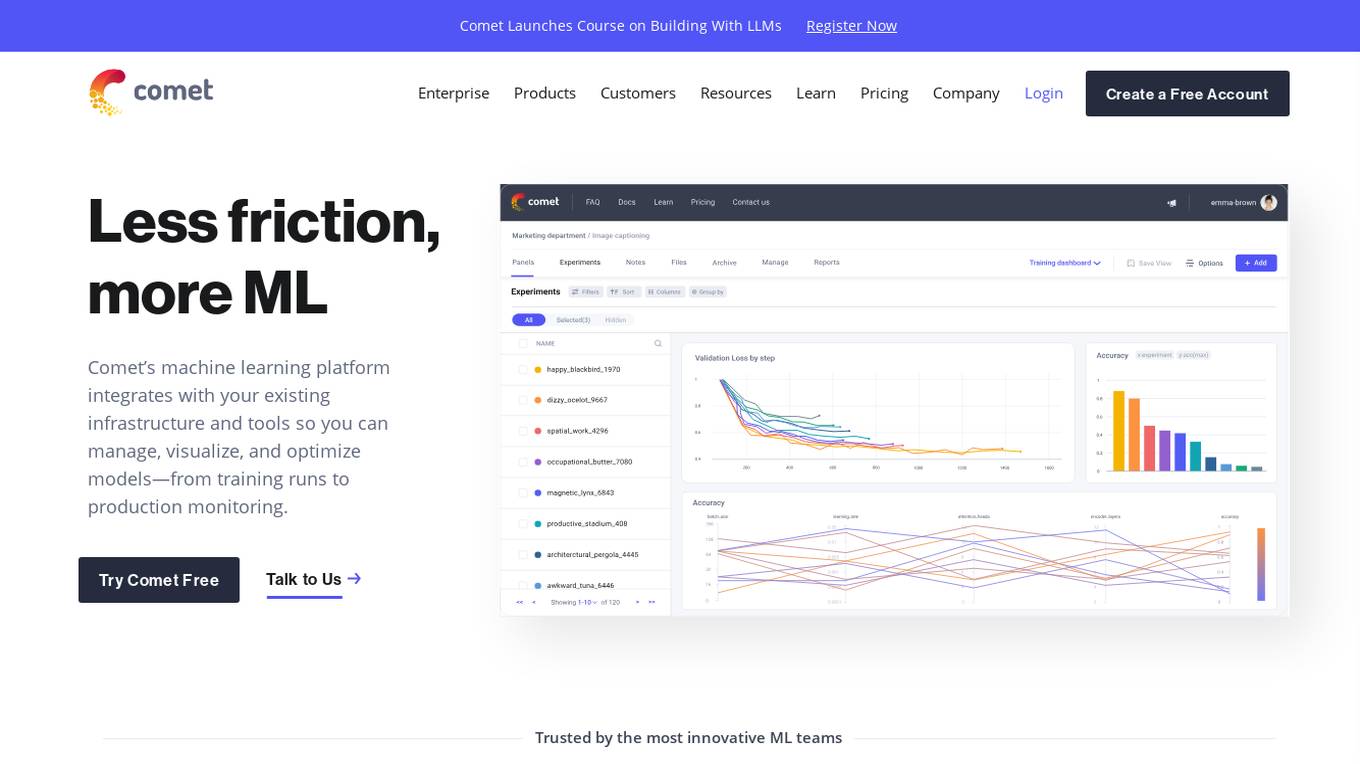
Comet ML
Comet ML is a machine learning platform that integrates with your existing infrastructure and tools so you can manage, visualize, and optimize models—from training runs to production monitoring.
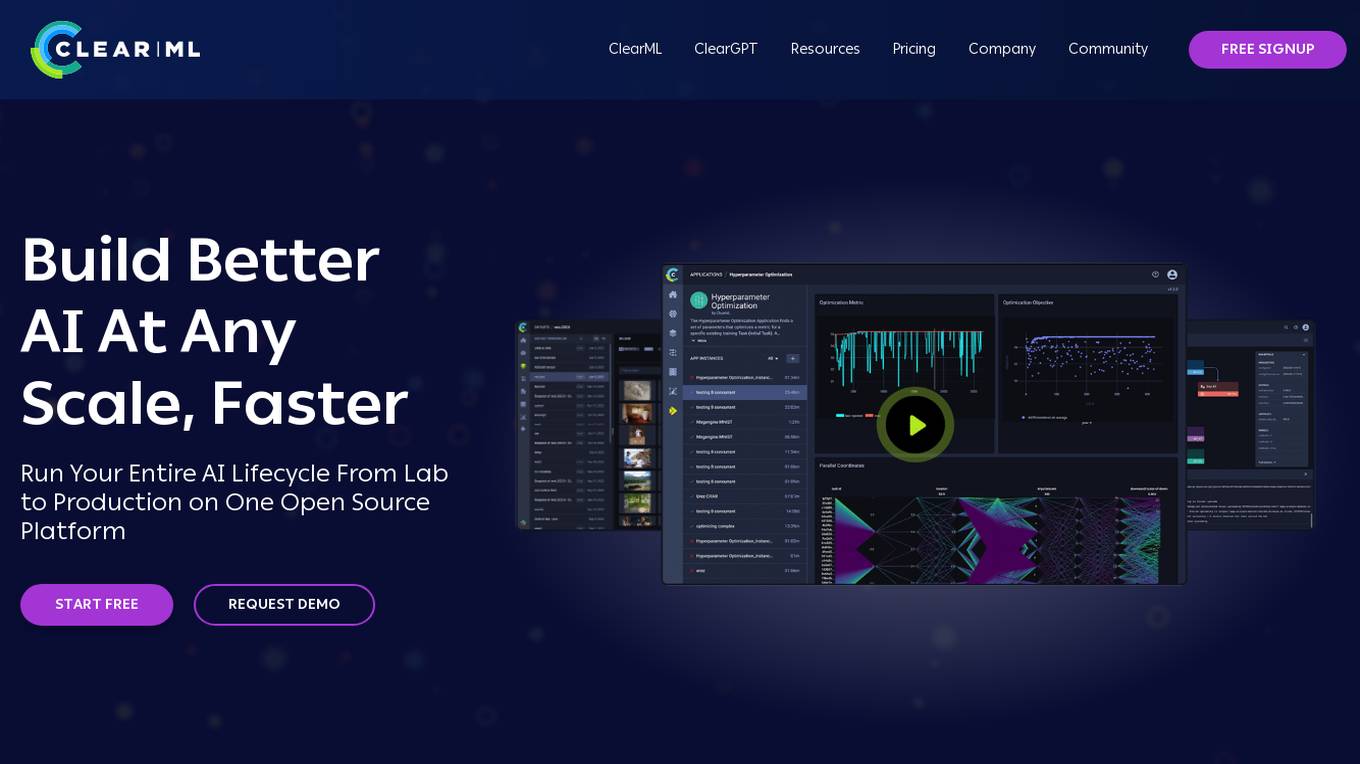
ClearML
ClearML is an open-source, end-to-end platform for continuous machine learning (ML). It provides a unified platform for data management, experiment tracking, model training, deployment, and monitoring. ClearML is designed to make it easy for teams to collaborate on ML projects and to ensure that models are deployed and maintained in a reliable and scalable way.
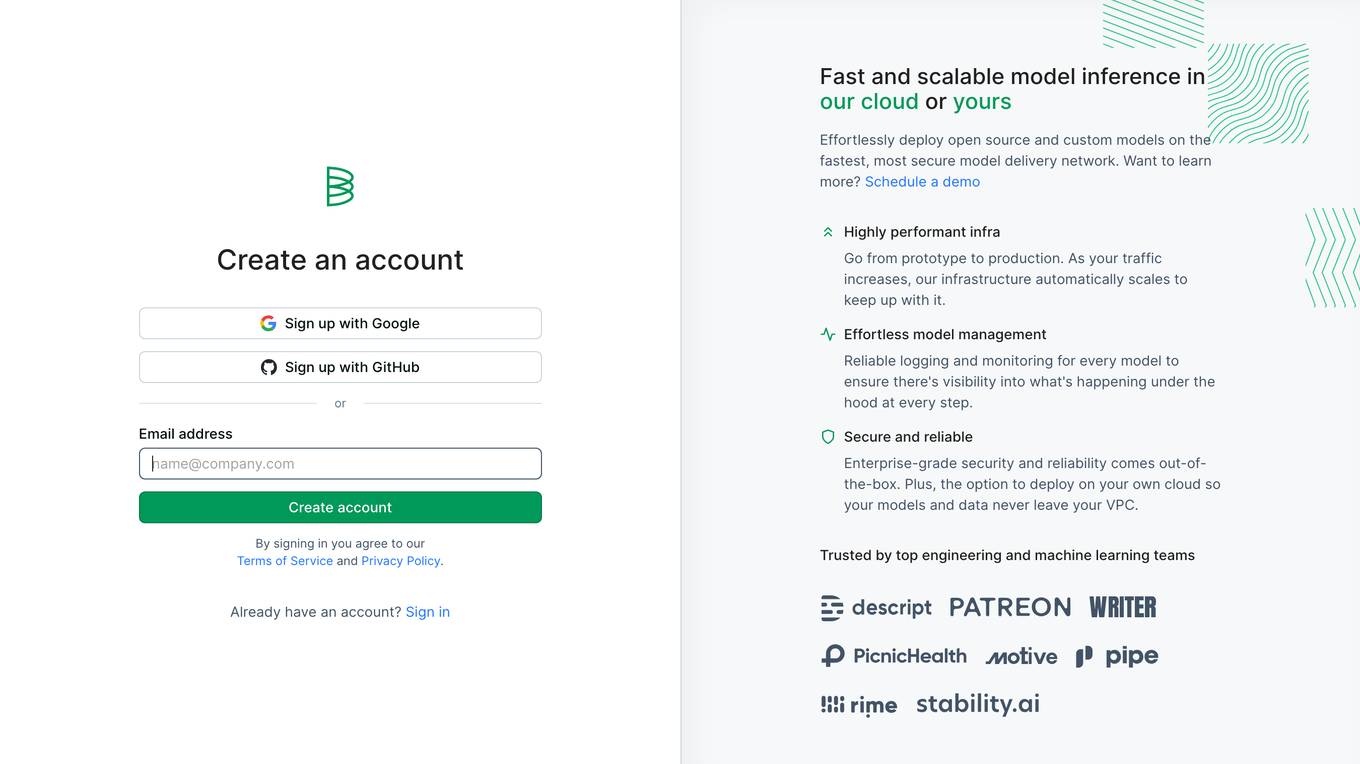
Baseten
Baseten is a machine learning infrastructure that provides a unified platform for data scientists and engineers to build, train, and deploy machine learning models. It offers a range of features to simplify the ML lifecycle, including data preparation, model training, and deployment. Baseten also provides a marketplace of pre-built models and components that can be used to accelerate the development of ML applications.
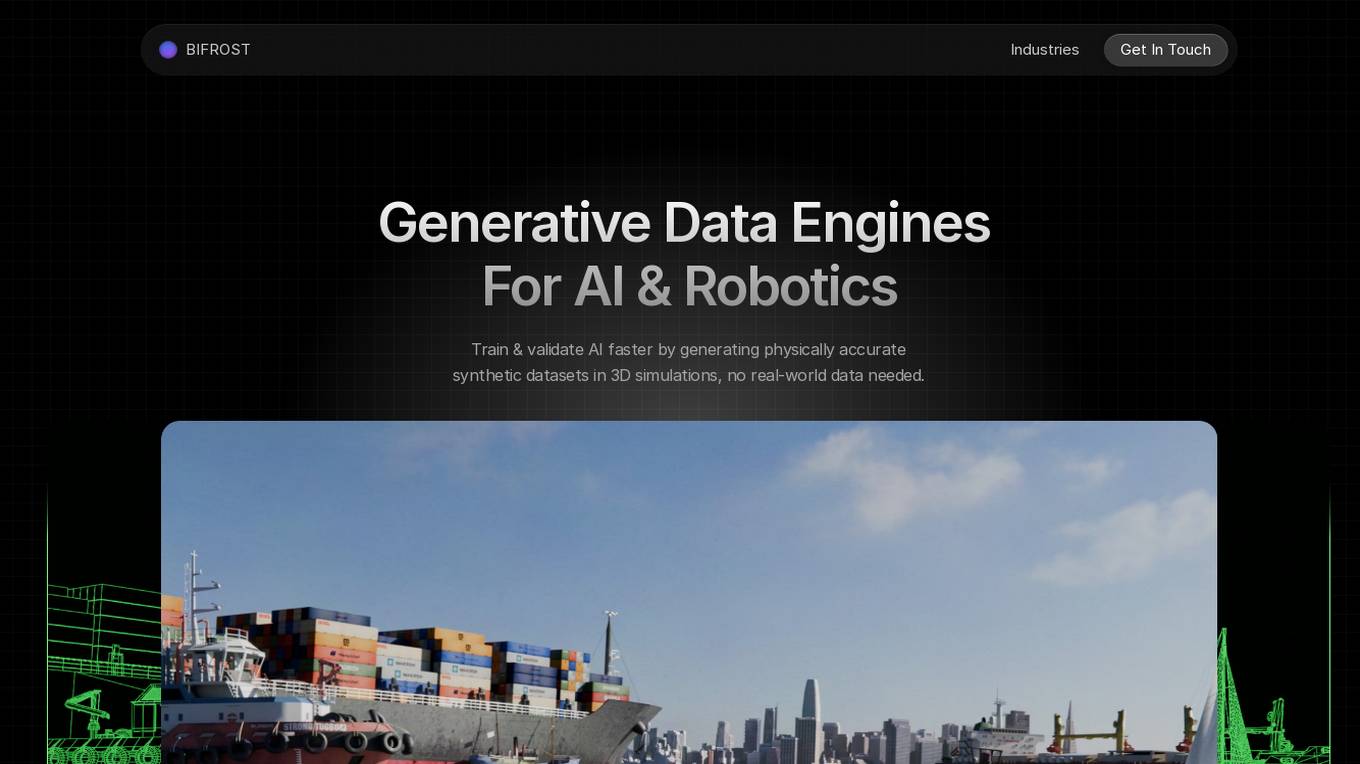
Bifrost AI
Bifrost AI is a data generation engine designed for AI and robotics applications. It enables users to train and validate AI models faster by generating physically accurate synthetic datasets in 3D simulations, eliminating the need for real-world data. The platform offers pixel-perfect labels, scenario metadata, and a simulated 3D world to enhance AI understanding. Bifrost AI empowers users to create new scenarios and datasets rapidly, stress test AI perception, and improve model performance. It is built for teams at every stage of AI development, offering features like automated labeling, class imbalance correction, and performance enhancement.
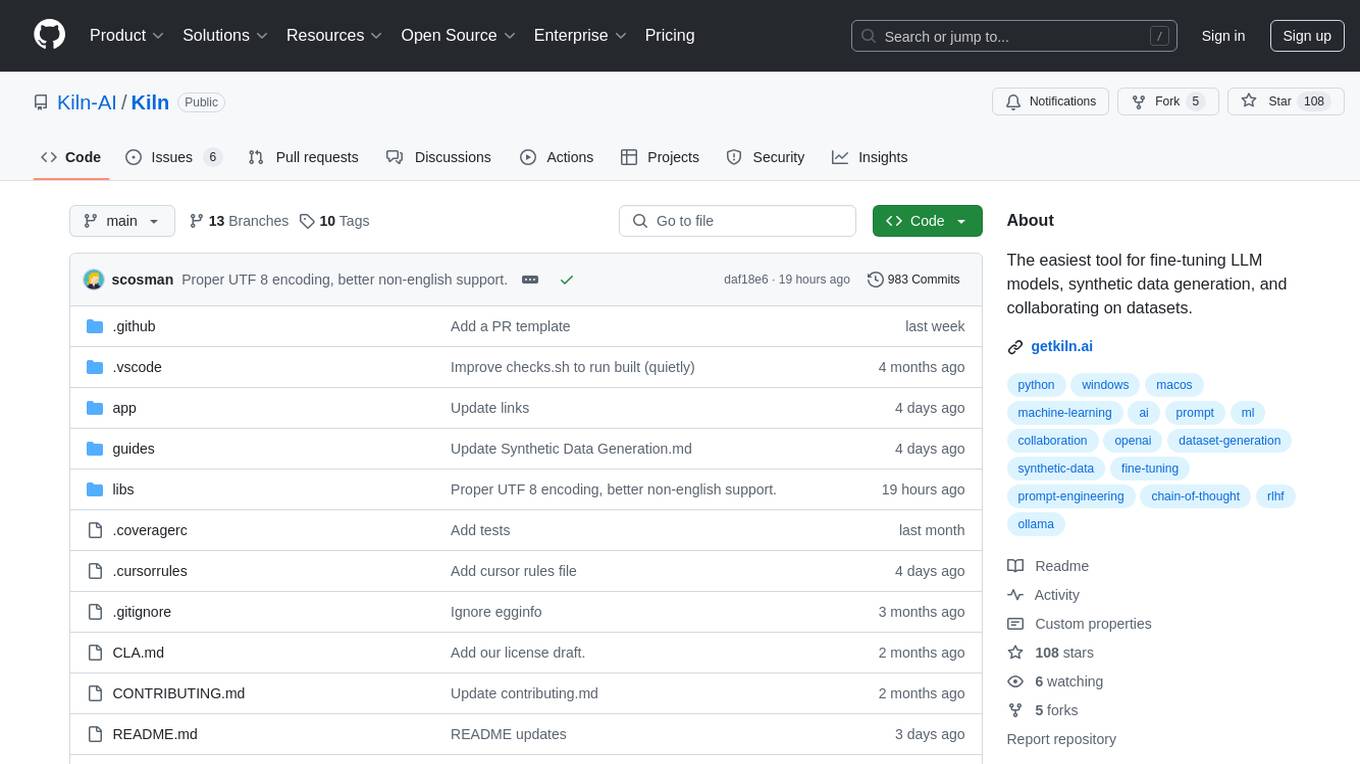
Kiln
Kiln is an AI tool designed for fine-tuning LLM models, generating synthetic data, and facilitating collaboration on datasets. It offers intuitive desktop apps, zero-code fine-tuning for various models, interactive visual tools for data generation, Git-based version control for datasets, and the ability to generate various prompts from data. Kiln supports a wide range of models and providers, provides an open-source library and API, prioritizes privacy, and allows structured data tasks in JSON format. The tool is free to use and focuses on rapid AI prototyping and dataset collaboration.
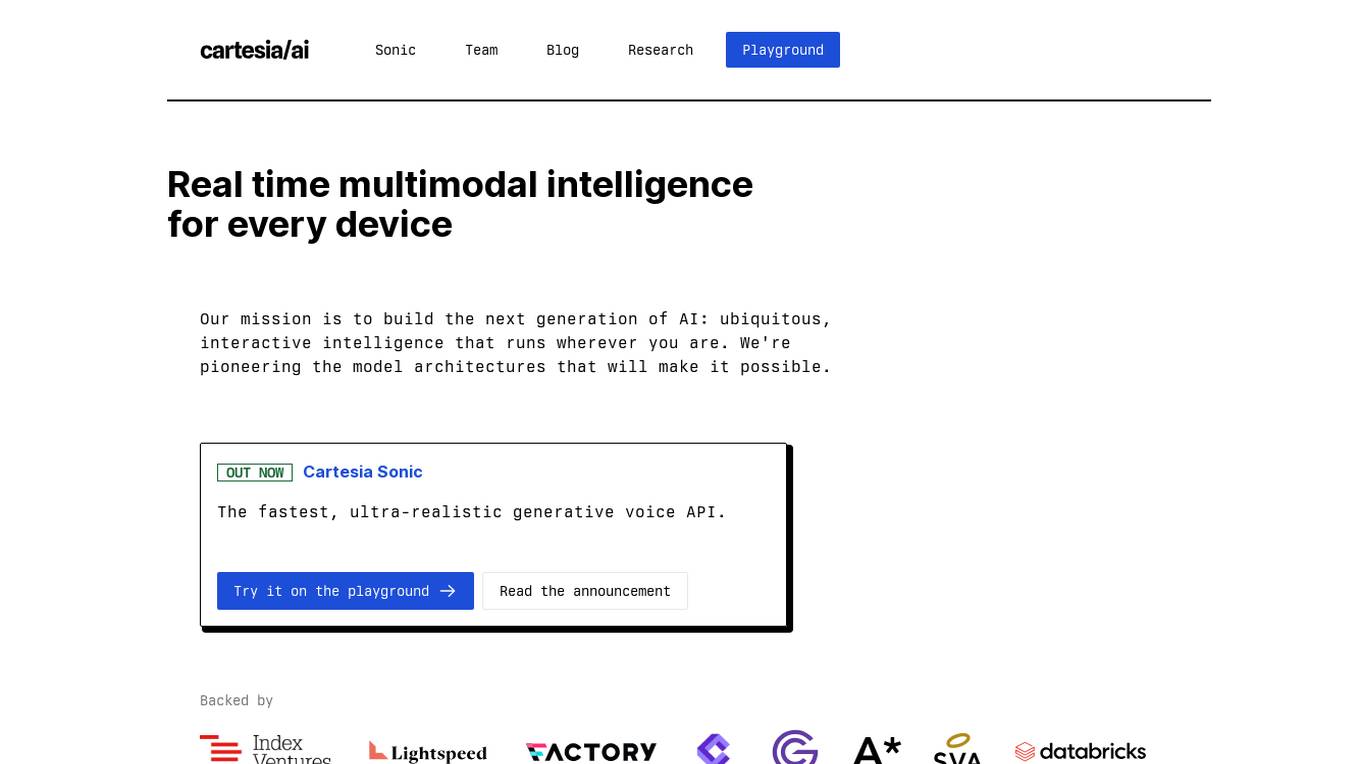
Cartesia Sonic Team Blog Research Playground
Cartesia Sonic Team Blog Research Playground is an AI application that offers real-time multimodal intelligence for every device. The application aims to build the next generation of AI by providing ubiquitous, interactive intelligence that can run on any device. It features the fastest, ultra-realistic generative voice API and is backed by research on simple linear attention language models and state-space models. The founding team, who met at the Stanford AI Lab, has invented State Space Models (SSMs) and scaled it up to achieve state-of-the-art results in various modalities such as text, audio, video, images, and time-series data.
0 - Open Source AI Tools
20 - OpenAI Gpts

Instructor GCP ML
Formador para la certificación de ML Engineer en GCP, con respuestas y explicaciones detalladas.
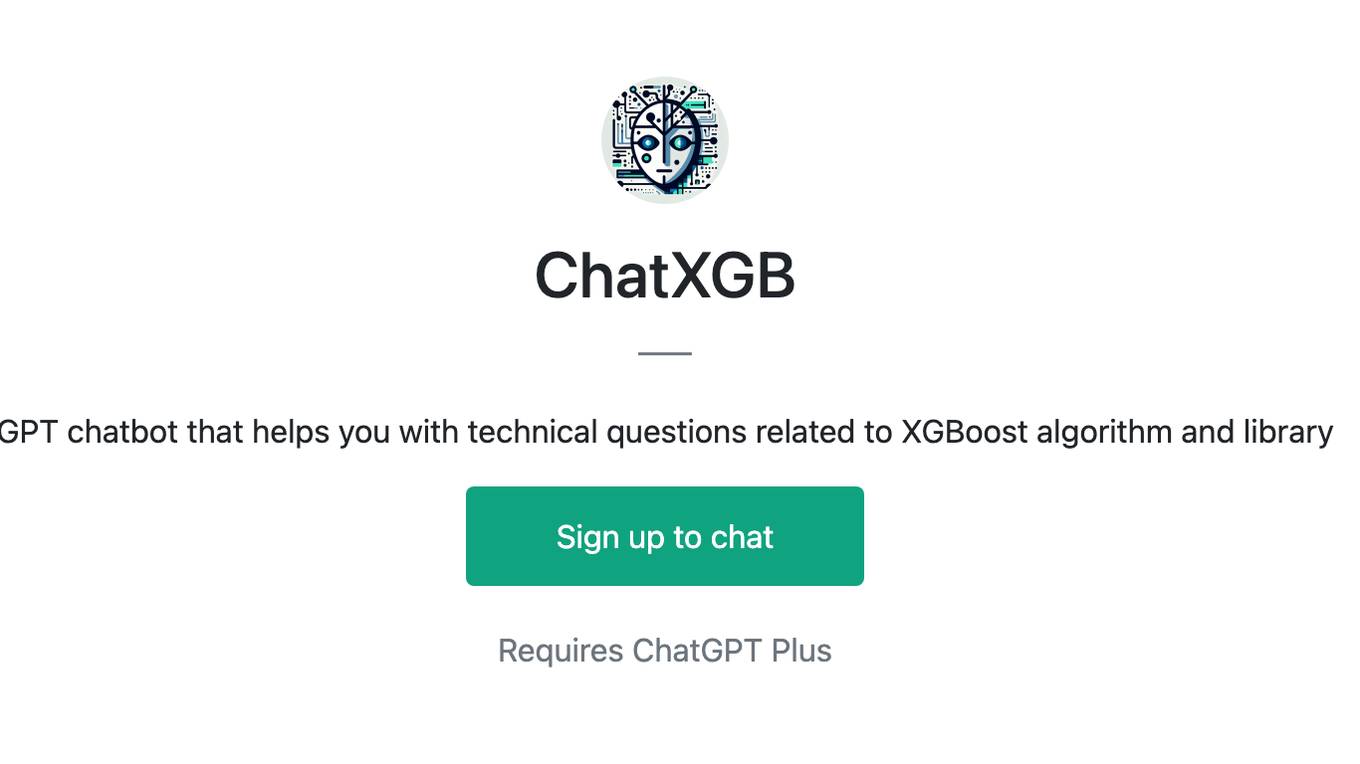
ChatXGB
GPT chatbot that helps you with technical questions related to XGBoost algorithm and library
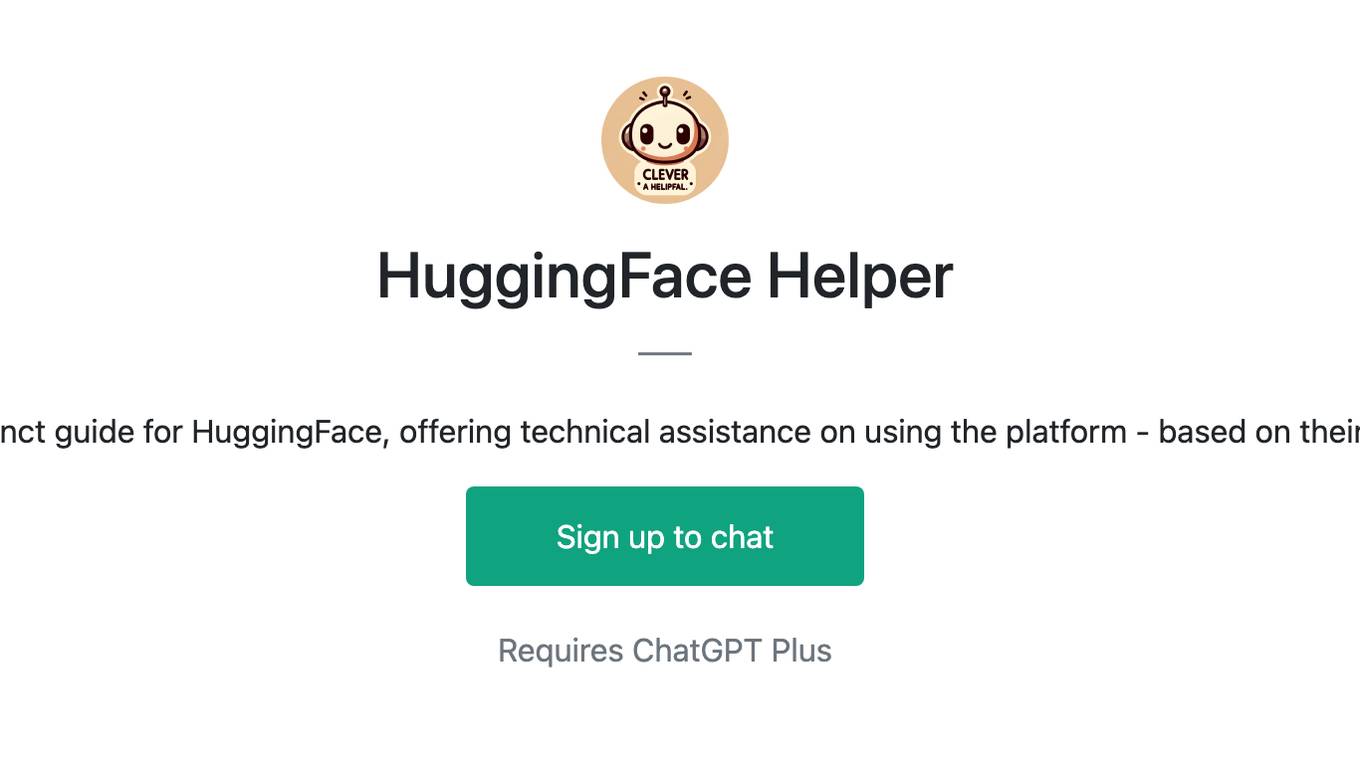
HuggingFace Helper
A witty yet succinct guide for HuggingFace, offering technical assistance on using the platform - based on their Learning Hub

TensorFlow Oracle
I'm an expert in TensorFlow, providing detailed, accurate guidance for all skill levels.
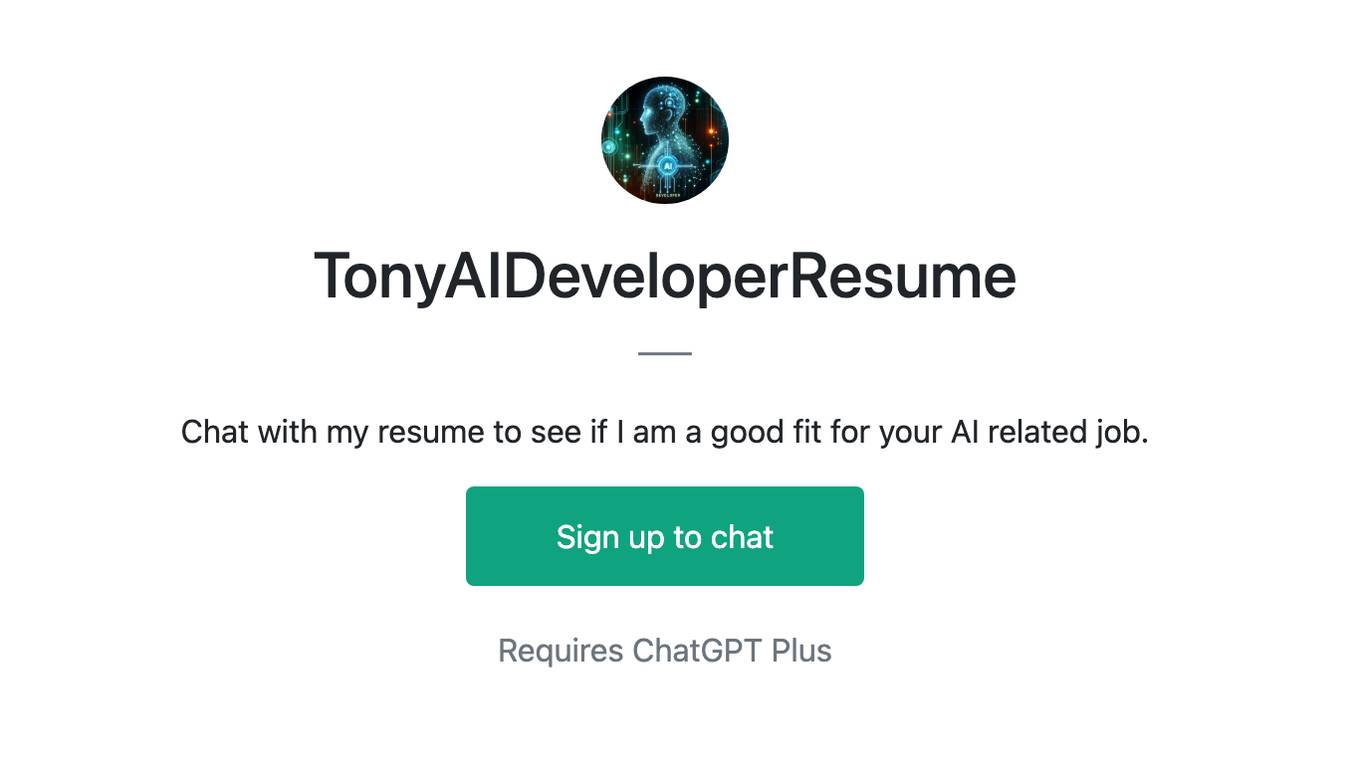
TonyAIDeveloperResume
Chat with my resume to see if I am a good fit for your AI related job.

